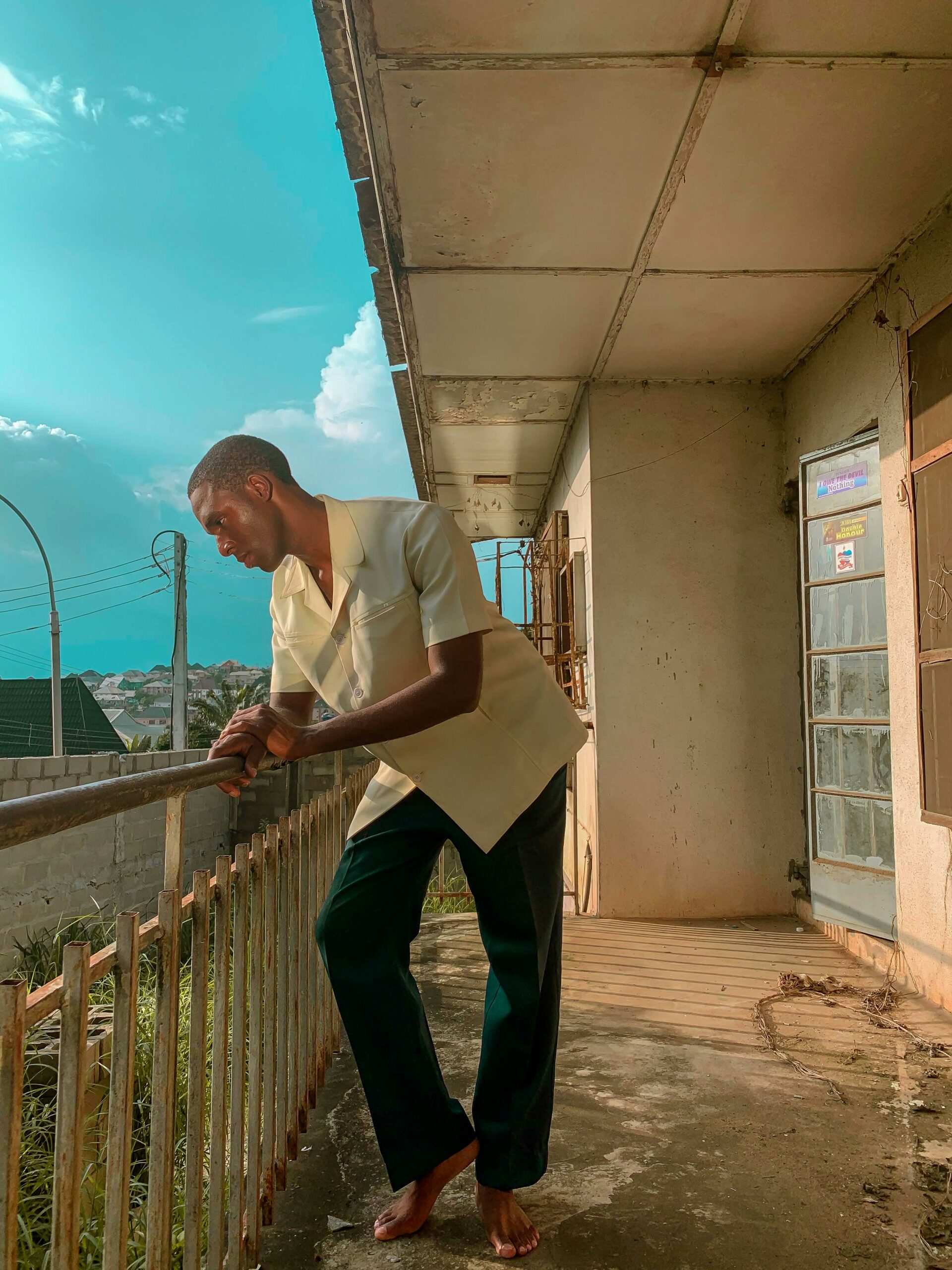Features
Dennis Isong: How Co-Living is Transforming Lagos’ Housing Experience

Housing has been a great challenge in Lagos. As the country’s economic stronghold, the city has long grappled with a severe shortage of affordable and accessible accommodation, particularly for its rapidly growing young professionals and entrepreneurs. However, the rise of co-living, or shared spaces, poises to reshape the urban housing landscape.
Co-living is a concept that blends private living quarters with shared communal spaces and amenities. It is gaining traction in Lagos as an innovative solution to the city’s housing woes. These dynamic living arrangements are not only providing much-needed accommodation but are also fostering a vibrant community of like-minded individuals who are shaping the future of the metropolis.
The Drivers of Co-Living’s Growth
The surging popularity of co-living in Lagos can be attributed to a confluence of factors that have made traditional housing options increasingly inaccessible for young urban dwellers. Skyrocketing real estate prices and stagnant salaries have left many would-be renters out of the market, leaving them with limited options.
Moreover, the transient nature of Nigeria’s entrepreneurial class, as well as the growing influx of young professionals seeking opportunities in the country’s commercial capital, has created a demand for housing solutions that cater to their unique needs. Co-living spaces have stepped in to fill this void, offering flexible lease terms, communal amenities, and a built-in social network – all at a fraction of the cost of a traditional apartment.
“The housing crisis in Lagos is well-documented, with chronic shortages and unaffordable prices,” explains Amara Nwankpa, a real estate consultant. “Co-living offers a compelling alternative that addresses the needs of our target demographic – young, mobile, and ambitious individuals who thrive in collaborative environments.”
Redefining the Urban Living Experience
The co-living model in Lagos goes beyond just providing a roof over people’s heads. It is redefining the urban living experience altogether. These shared spaces are designed to foster a sense of community, with an emphasis on communal amenities and shared experiences. At the heart of the co-living concept are the amenity-rich common areas, which typically include co-working spaces, lounges, gyms, and even recreational facilities. These shared spaces not only facilitate chance encounters and spontaneous interactions but also encourage residents to step out of their private quarters and engage with one another.
Nwankpa says, “It’s about creating an environment that brings people together. The shared spaces are purposefully designed to facilitate networking, collaboration, and even casual socialising. We want our residents to feel like they’re part of a vibrant community, not just tenants in a building.”
This community-centric approach extends beyond the physical space, with co-living providers curating a diverse calendar of events and activities. From professional development workshops to cultural immersion experiences, these programs are aimed at cultivating a sense of belonging and a shared identity among the residents.
The rise of co-living in Lagos is particularly well-suited to the needs of the city’s burgeoning population of young professionals and entrepreneurs. These individuals, many of whom are drawn to Lagos by the promise of career advancement and business opportunities, often find themselves grappling with the challenges of navigating a new city, establishing a professional network, and finding suitable accommodation.
Co-living spaces offer a tailored solution to these challenges, providing not only housing but also a supportive ecosystem that fosters personal and professional growth. The shared amenities, such as co-working spaces and event venues, cater directly to the needs of this demographic, empowering them to collaborate, ideate, and build their ventures.
“As an entrepreneur, I was drawn to the co-living model because it provided me with the flexibility and community that I needed to thrive,” says Temi Adebayo, a Lagos-based founder who has been a resident of a co-living space for the past two years. “The ability to live and work in the same space, while also having access to a network of like-minded individuals, has been invaluable to the growth of my business.”
The Impact of Co-Living on Lagos’ Urban Landscape
The rise of co-living in Lagos is not just a passing trend, but rather a transformative force that is reshaping the city’s urban landscape. These shared living spaces are not only addressing the housing crisis but also contributing to the broader social and economic development of the metropolis.
By attracting and retaining a growing population of young professionals and entrepreneurs, co-living spaces are fueling the city’s innovation ecosystem and fostering the growth of new businesses. This influx of talent and entrepreneurial energy is not only boosting Lagos’ economic output but is also driving the creation of new job opportunities and diversifying the city’s industrial base.
Moreover, the co-living model is also having a positive impact on the urban environment. These spaces often incorporate sustainable design elements and promote eco-friendly living practices. The emphasis on shared amenities and communal spaces also helps to reduce the overall carbon footprint of the residential sector, making co-living a more sustainable housing option.
“Co-living is not just about providing housing; it’s about building the cities of the future,” says Nwankpa. “By creating vibrant, interconnected communities, we’re not only addressing pressing social and economic challenges, but also shaping the way people live, work, and interact in an urban setting.”
***
Feature Image by Michael Ashley for Pexels



















